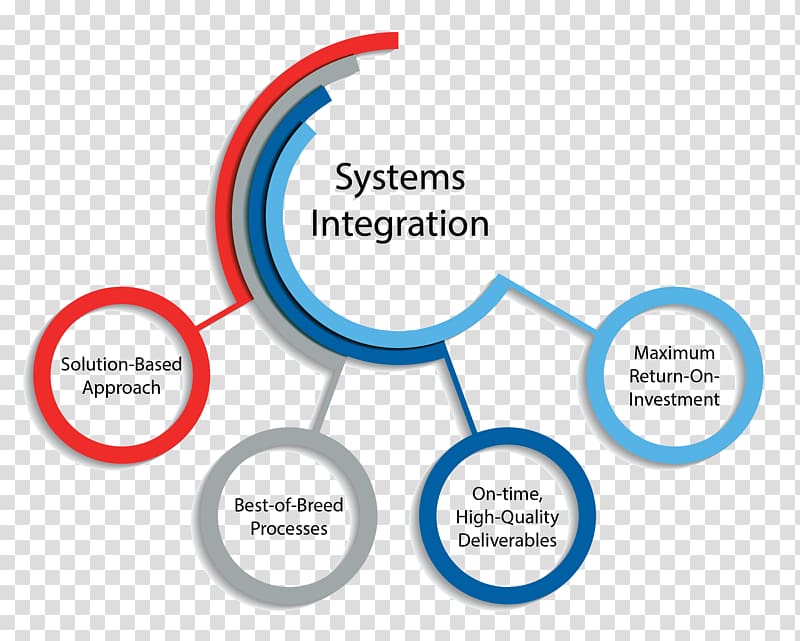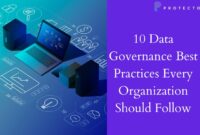Embedded Analytics: Integrating Insights Directly into Applications is transforming how businesses leverage data. By seamlessly embedding analytics into existing applications, organizations can unlock valuable insights without disrupting the user experience. This approach not only enhances decision-making but also empowers users to interact with data in real time, making analytics more accessible and actionable than ever before.
The integration of analytics into everyday tools facilitates better understanding and utilization of data, bridging the gap between complex data sets and user-friendly interfaces. As we explore this topic, we will delve into the benefits, challenges, and future of embedded analytics, revealing how it can revolutionize the way we approach data-driven decision-making.
In the fast-paced world we live in today, the demand for effective communication has never been more essential. Whether in personal relationships, professional settings, or casual encounters, the ability to convey ideas clearly and persuasively can significantly impact our interactions and outcomes. Understanding the nuances of communication can help individuals build better connections, achieve their goals, and foster a more cooperative environment.Effective communication is more than just exchanging information; it’s about understanding the emotional and social context behind the information.
In this article, we will explore the key components of effective communication, the barriers that can hinder it, and strategies to enhance our communication skills in various contexts.### The Key Components of Effective Communication
1. Active Listening
Listening is often overlooked in the communication process. Active listening involves fully concentrating, understanding, responding, and remembering what is being said. This means not just hearing the words, but also paying attention to non-verbal cues such as body language and tone. By being an active listener, you demonstrate respect for the speaker and encourage an open dialogue.

2. Clarity and Conciseness
When communicating, it’s crucial to be clear and to the point. Avoid jargon and overly complex language, especially in professional settings where miscommunication can lead to significant misunderstandings. Use simple, straightforward language to ensure your message is easily understood.
3. Empathy
Empathy is the ability to put yourself in someone else’s shoes and understand their feelings and perspectives. Demonstrating empathy in communication can help build trust and rapport, making it easier to navigate difficult conversations. When you show that you understand and acknowledge the feelings of others, they are more likely to be receptive to your message.
4. Body Language
Non-verbal communication plays a significant role in how our messages are received. Your facial expressions, gestures, posture, and eye contact can all convey messages that may either support or contradict what you are saying. Being aware of your body language and adjusting it as necessary can enhance your communication effectiveness.
5. Feedback
Providing and soliciting feedback is a critical component of effective communication. It helps clarify understanding and indicates whether the message was received as intended. Constructive feedback should be specific, actionable, and delivered in a manner that encourages improvement rather than defensiveness.### Barriers to Effective CommunicationDespite our best efforts, there are several barriers that can impede effective communication. Recognizing these barriers is the first step toward overcoming them.
1. Physical Barriers
These include environmental factors such as noise, distance, or even physical obstructions that can distract from or hinder communication. In a workplace setting, these can manifest as disruptions during meetings or lack of access to necessary technologies.
2. Perceptual Barriers
Everyone has their own unique perspectives and experiences that shape how they interpret messages. Prejudices, assumptions, and biases can filter how we receive and respond to information. Being aware of these perceptual barriers can help us approach communication with an open mind.
3. Emotional Barriers
Strong emotions can cloud judgment and affect how we communicate. Stress, anger, or frustration can lead to misinterpretations and reactive responses. It’s essential to recognize when emotions are running high and take a step back to approach communication more calmly.
4. Cultural Barriers
Cultural differences can lead to misunderstandings in communication. Variations in language, gestures, and social norms can affect how messages are conveyed and understood. Being culturally aware and sensitive can facilitate better communication across diverse groups.### Strategies to Enhance Communication SkillsImproving communication skills is a valuable endeavor that can lead to more fulfilling relationships and greater success in various aspects of life.
Here are some strategies to enhance your communication abilities:
1. Practice Active Listening
Make a conscious effort to listen more than you speak. Show engagement through nodding, maintaining eye contact, and summarizing the speaker’s points to confirm understanding.
2. Ask Questions
Encourage clarification and discussion by asking open-ended questions. This not only shows that you are interested but also helps to deepen your understanding of the topic.
3. Improve Non-Verbal Communication
Be mindful of your body language and tone of voice. Practice maintaining an open posture, using gestures effectively, and varying your tone to convey enthusiasm or seriousness as appropriate.
4. Enhance Your Vocabulary
Expanding your vocabulary can help you articulate your thoughts more precisely. However, remember to use words that match your audience’s understanding level to avoid confusion.
5. Seek Feedback
Encourage peers and mentors to provide feedback on your communication style. This can help you identify areas for improvement and reinforce effective habits.
6. Engage in Public Speaking
Participating in public speaking events or workshops can boost your confidence and refine your communication skills. It provides a platform to practice articulating thoughts clearly and engaging an audience.
7. Be Open to Constructive Criticism
View feedback as an opportunity for growth rather than as a personal attack. Being receptive to criticism can lead to significant improvements in your communication skills.### ConclusionIn conclusion, effective communication is a multifaceted skill that can greatly enhance our personal and professional lives. By understanding the key components of communication, recognizing barriers, and implementing targeted strategies, we can improve our interactions and foster better relationships.
Whether you’re navigating a challenging conversation at work or trying to connect with friends, mastering the art of communication can lead to greater success and fulfillment in all areas of life. Remember, practice makes perfect, and the journey toward becoming a more effective communicator is ongoing.




